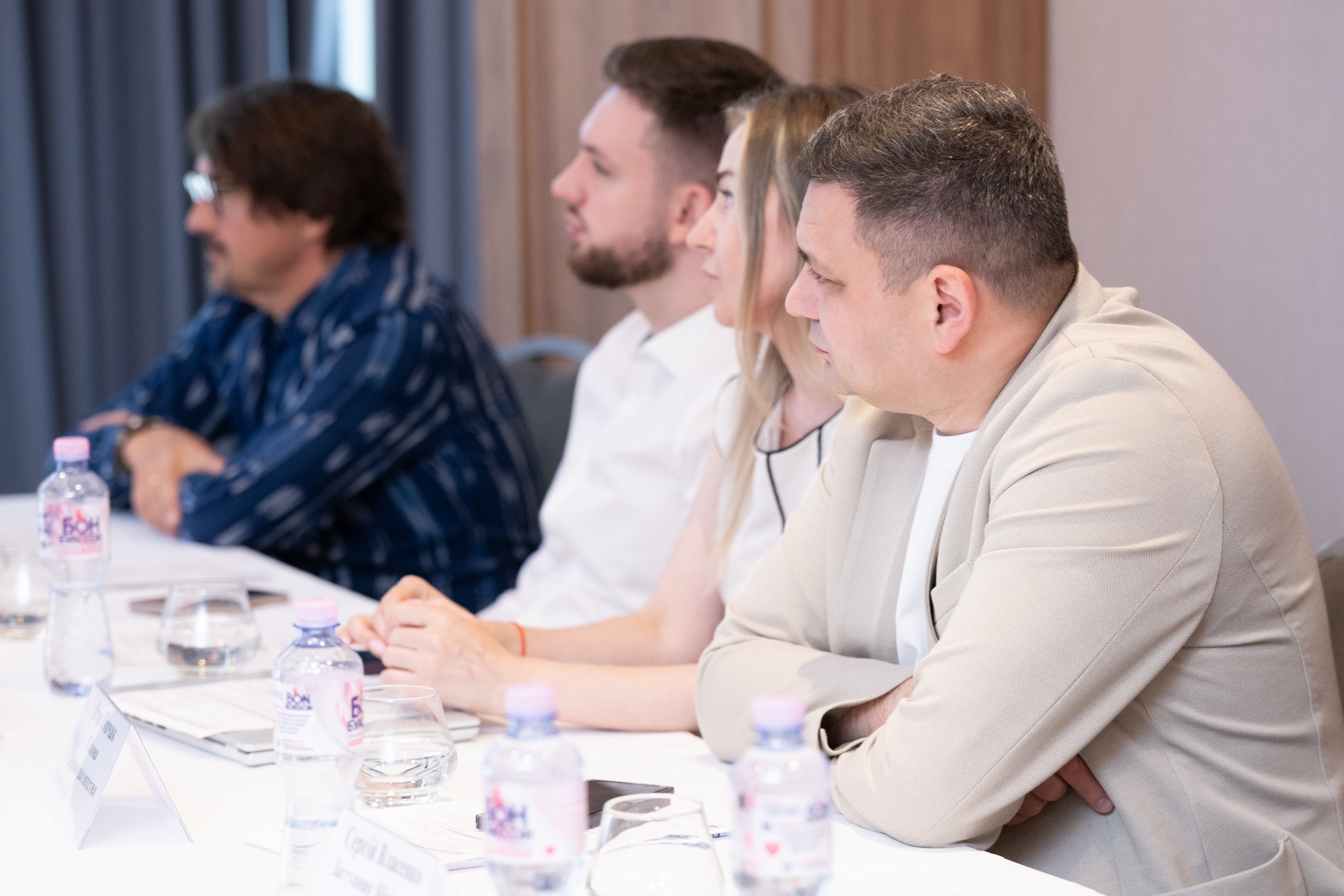On Danube Day, Ukrainian authorities assess progress on water management with the support of EU-funded programmes
To mark International Danube Day 2025, Ukrainian water authorities gathered in Odesa to take stock of their efforts in implementing River Basin Management Plans (RBMPs)—a key tool for improving water quality and climate resilience. The event, supported by the EU-funded EU4Green Recovery East programme, brought together river basin administrators, government representatives, and stakeholders from across Ukraine.
Danube Day is celebrated annually on 29 June under the auspices of the International Commission for the Protection of the Danube River (ICPDR). Festivities are organised in each of the 19 countries that lie within the Danube basin.
In Odesa, various speakers presented a wide range of measures to be implemented with priority in Ukraine, focusing mainly on water supply and sanitation, as well as river restoration and citizens engagement. These measures will be implemented based on innovative approaches applied internationally , such as nature-based solutions, and with practical exchange of experiences among basin managers.
Commitment to Basin Cooperation
The heads of the river basin administrations and basin councils from the three Danube sub-basins, the Tisza, Prut-Siret and Lower Danube jointly signed a Declaration on Cooperation in Odesa and committed themselves to partner towards achieving or maintaining the "good" ecological and chemical status of surface and groundwater bodies.
RBMPs, developed with EU support under the previous EU4Environment – Water and Environmental Data programme, are now being put into action. For the first quarter of 2025, Ukrainian basin authorities report that 6% of RBMP measures have already started (nearly 100 measures), with some 20% already included in planning documents. While much of the work remains ahead, the process of implementation is clearly underway.
Improving water quality as a national priority
More than 70% of the planned measures relate to wastewater treatment and sanitation, addressing one of the most pressing challenges for Ukrainian rivers. As part of this effort, a State Targeted Environmental Programme to support the modernisation of wastewater infrastructure was presented during the meeting. This national initiative aims to accelerate upgrades of outdated water infrastructure by aligning investment priorities with the RBMPs.
"Despite the challenges of wartime, Ukraine is taking its first concrete steps towards implementing the basin management plans," said Igor Gopchak, the Head of the State Agency of Water Resources of Ukraine. "We now need to maintain strong cooperation with local authorities and ensure financing for future phases."
Transboundary cooperation, from the Danube to the Black Sea
The event also highlighted the importance of cross-border cooperation, notably with Moldova and Romania on the Prut River, an important tributary on the lower Danube. EU support under EU4Environment and now EU4Green Recovery East has helped formalise this cooperation, with a trilateral Memorandum of Understanding signed in 2023 and a related Prut Working Group established under the ICPDR in 2024.
Ukraine is home to four transboundary Danube tributaries: the Prut, the Tisza, the Siret and the Lower Danube. Consequently, Ukraine collaborates closely with Hungary and Slovakia on the Tisza sub-basin and with Romania on the Siret and Lower Danube. These partnerships are vital for addressing issues such as floods and cross-border pollution.This collaboration reinforces the goals of the new EU Black Sea Region Strategy, which aims to develop a stable and secure Black Sea region and reduce pollution flowing from rivers into the sea.
The event conveyed how Ukraine is advancing shared environmental goals through regional dialogue, coordinated planning, and joint actions — demonstrating resilience and commitment to sustainable water management even in the face of the ongoing Russian war of aggression. The EU will continue supporting Ukraine’s efforts in this direction through targeted technical assistance and regional cooperation.
Press release from the State Agency of Water Resources of Ukraine (in Ukrainian): https://www.davr.gov.ua/news/koordinuyemo-dii-ta-plani-pershij-oglyad-realizacii-purb


